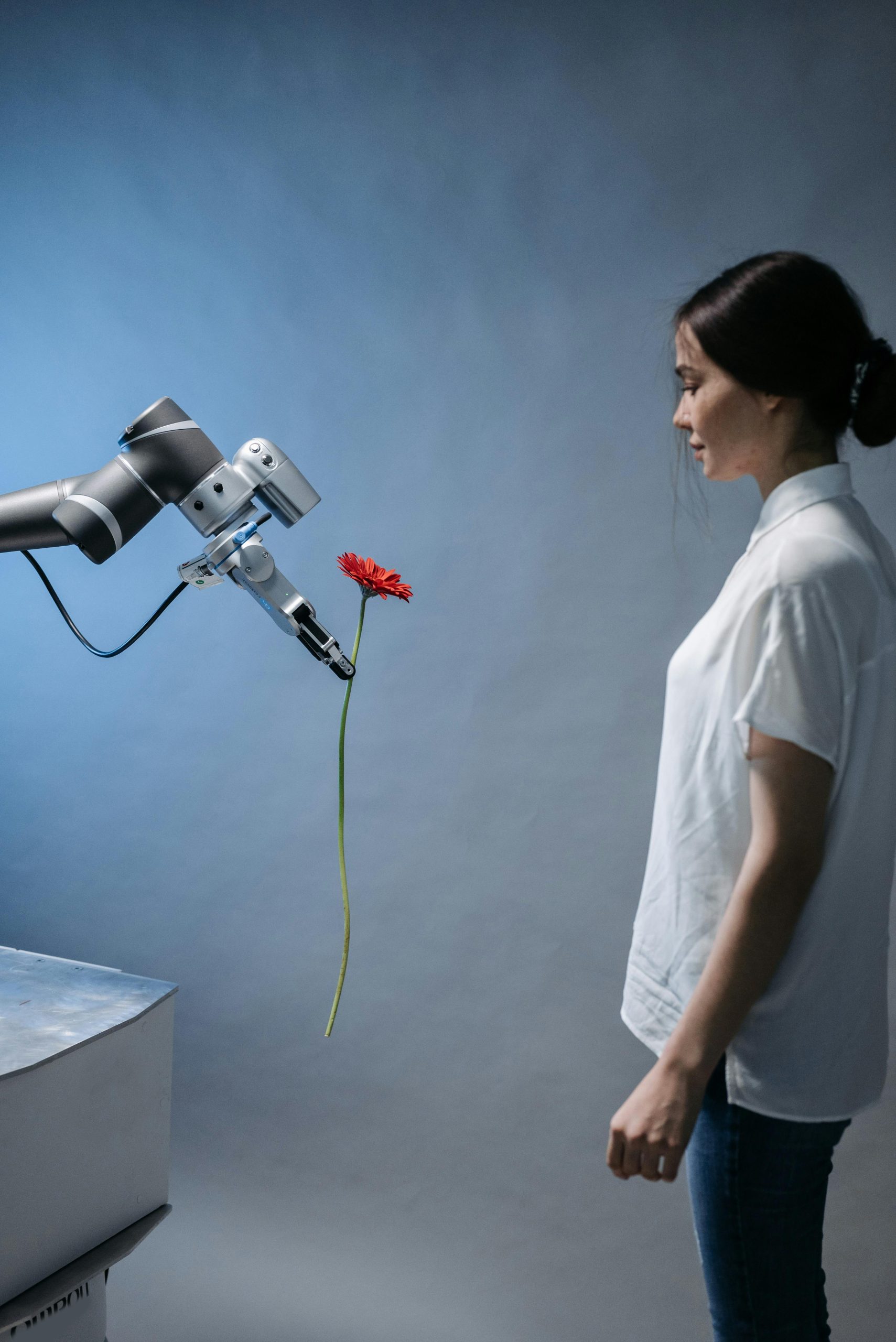The Enduring Value of Empathy in Marketing: Why Humans Will Remain Irreplaceable in the AI Age
In an era where artificial intelligence (AI) continues to evolve at a rapid pace, many professionals wonder about the future of human roles in marketing. While AI has demonstrated impressive capabilities—from data analysis to content generation—there remains a critical aspect of marketing that AI is unlikely to fully replicate: empathy.
Understanding the Limits of AI
Artificial intelligence can be trained to model human behavior and predict consumer trends based on vast datasets. It can recognize patterns, personalize recommendations, and even generate compelling content. However, AI lacks one fundamental human trait: genuine empathy. It cannot truly understand or feel the emotional experiences of individuals; it can only simulate understanding based on patterns and algorithms.
The Deeply Wired Social Instincts
Empathy and social instincts are deeply embedded in our brains, developed through evolution to facilitate connection, trust, and cooperation. These innate qualities enable humans to perceive subtle emotional cues, respond appropriately, and forge authentic relationships. In marketing, this translates to the ability to craft messages that resonate on a personal level, fostering loyalty and influencing behaviors in ways that purely data-driven approaches often cannot.
Why Empathy Remains the Marketer’s Secret Weapon
While cognitive knowledge of behavioral science and mental models is valuable, it is not a substitute for the human touch. The capacity to genuinely connect with another person—to understand their fears, hopes, and motivations—and then tailor communication accordingly is a uniquely human skill. This connection often determines whether a marketing message will motivate action or fall flat.
The Likely Trajectory of AI and Human Roles
Looking ahead, if AI surpasses human marketers in emotional engagement and personalized connection, it will have to reach a level where it fully mimics human empathy—a feat that, given current technological limitations, seems unlikely anytime soon. Meanwhile, other professions such as engineering, science, and medicine may be more vulnerable to automation, as their work often follows clear logical frameworks.
Conclusion
As AI continues to transform the marketing landscape, the importance of empathy as a human trait becomes even more pronounced. Marketers who cultivate and leverage genuine emotional insight will maintain a competitive edge, ensuring they remain indispensable. In essence, while AI can augment our capabilities, it is unlikely to replace the deep, authentic connections that human empathy fosters—a cornerstone of effective marketing.
**What are your thoughts on the evolving role of empathy and AI in marketing? Share your insights below

